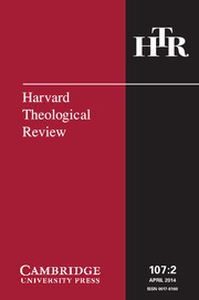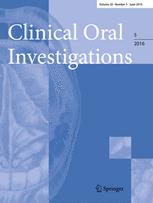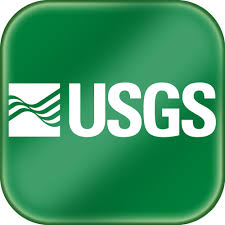
When a paper was retracted earlier this year with an opaque notice, we set out to figure out why. We’re still not entirely clear of the reason, but we’ve uncovered one aspect of the paper that raised objections from another researcher: The paper, on internet trolling, included an email he sent without his permission.
The retraction sparked our interest, both because of the journal’s opaque reasoning — saying the paper “does not fit” with the journal — and because the author (Jonathan Bishop, CEO of an independent media company called Crocels) has taken preliminary steps to sue the publisher of the Journal of Homeland Security and Emergency Management.
Here’s some of what happened before all that took place: When mechanical engineer Filippo Salustri discovered the paper included a screenshot of an email he sent to a listserv — along with his email address — his university (Ryerson in Canada) asked the publisher to retract the paper. De Gruyter re-reviewed the paper and retracted it, issuing the vague notice.
Salustri explained that the paper contains a figure with a picture of an email message:
Continue reading Internet trolling paper published email without consent; retraction sparked lawsuit threat
 What the Harvard Theological Review giveth, it evidently will not taketh away.
What the Harvard Theological Review giveth, it evidently will not taketh away.





 Misconduct by a chemist at a Colorado lab run by the U.S. Geological Survey (USGS) has
Misconduct by a chemist at a Colorado lab run by the U.S. Geological Survey (USGS) has 